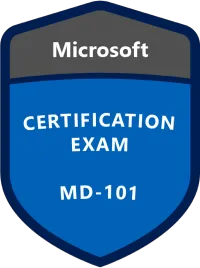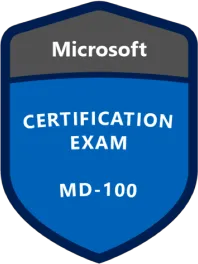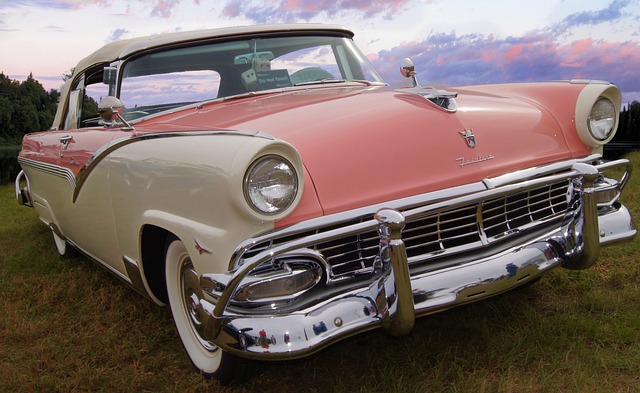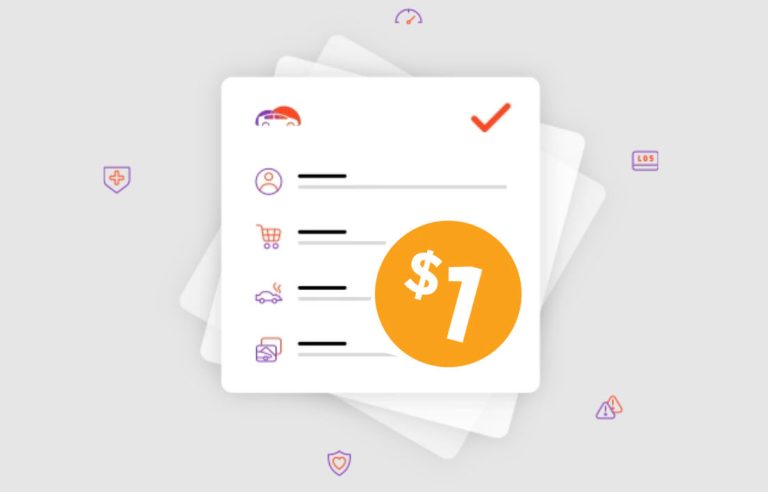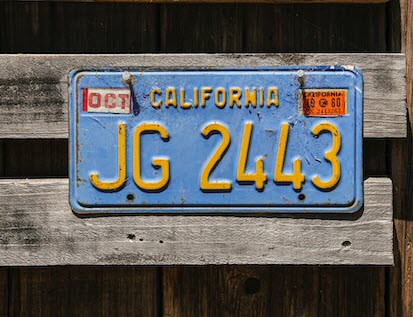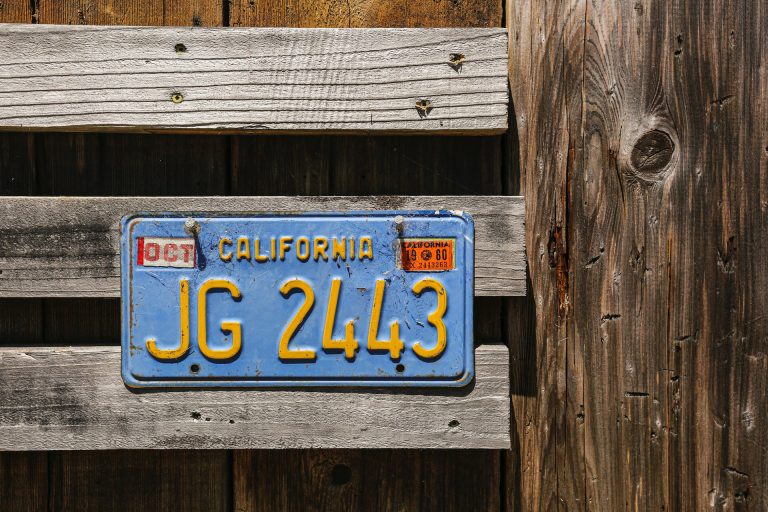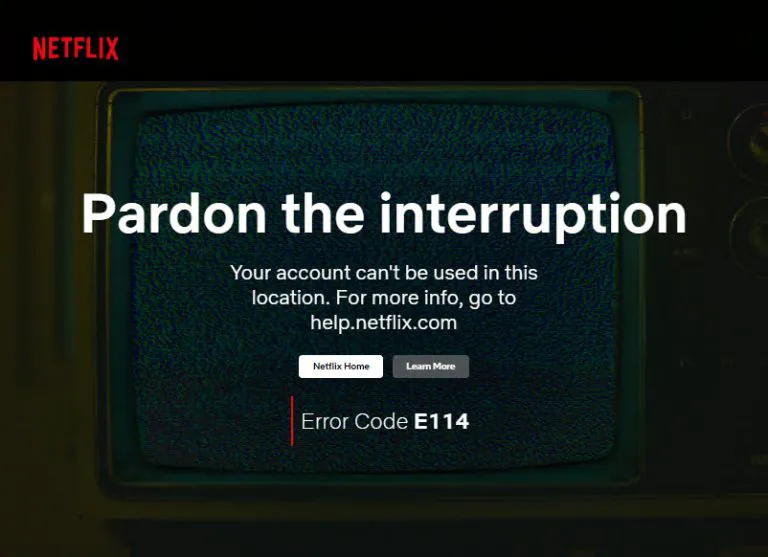 VIN Lookup
VIN Lookup
Enter any VIN number to check vehicle title & more!
Buying a used car is economical but risky. Before you make the important financial decision, it’s necessary to run a car title check. By running a car title check, you can look up the title owner, see if the car has a clean title or not, check the car’s condition, and more. If you’re wondering how to check vehicle title, you’ve come to the right place!
In this guide, we’ll cover everything you need to know about the car title, including what a car title is, what the different types of car titles mean, and most importantly, how to check vehicle title by VIN.
What is a car title
A car title (vehicle title, certificate of title), also called a pink slip, is a legal document issued by your state’s DMV or Secretary of State. It acts as a certificate of legal ownership of a vehicle.

From the certificate of title, you’ll find the basic information about the vehicle (e.g., the make, color, body type model, etc.), vehicle ownership information, vehicle history, and so on.
From the vehicle history section in the upper right corner of the certificate, you can find out its title status.
For example, if it says “SALVAGE”, the the car has a salvage title, which indicates that the car has had a major accident and is not eligible for road use.

How to run a car title check
As mentioned above, scammers can forge car titles. Running a car title check by VIN number is the easiest way to discover this kind of fraud. If you don’t know what a VIN number is, just read on.
If you already have the VIN number of the car, just enter it into the search box below to start a car title check:
What is a VIN number
A VIN number is a unique 17-character identifying code given to a vehicle. It is the “fingerprint” of a vehicle.
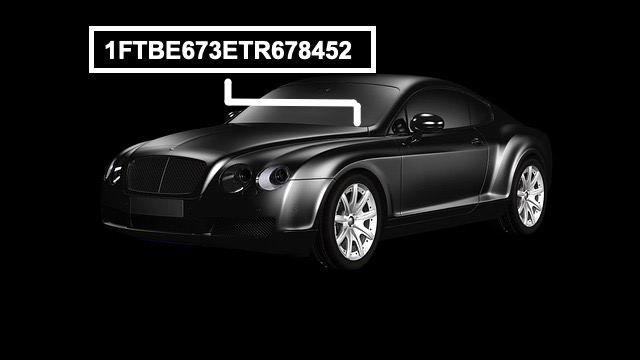
On most newer passenger cars, you can find the VIN number on the following locations:
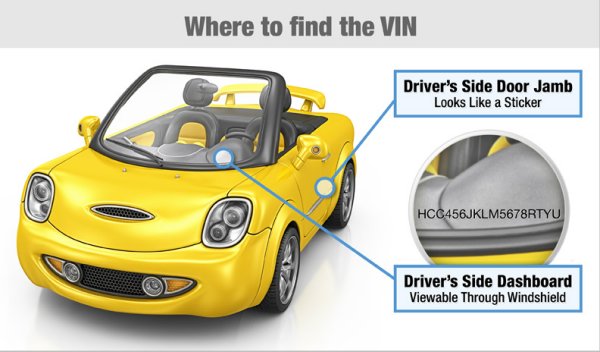
- Bottom corner of the front window screen on the driver’s side
- Inside the driver-side door jamb
- Driver-side doorpost
- Front of the car frame
- Front of the engine block
- Rear wheel well
If you cannot find the VIN number on the car itself, you can also check the following documents, as these documents always record the car’s VIN number:
- Vehicle title
- Vehicle insurance card / insurance policy
Free Option: NICB’s VINCheck
The National Insurance Crime Bureau (NICB) provides a free VIN check tool called VINCheck. With this free tool, you can query a VIN number to see if a vehicle:
- has a record of an insurance theft claim
- has been declared a total loss following an accident
To run a free car title check using NICB’s VINCheck:
- Go to Visit the official VINCheck Lookup page.
- Agree to the terms and conditions and verify that you’re not a robot.
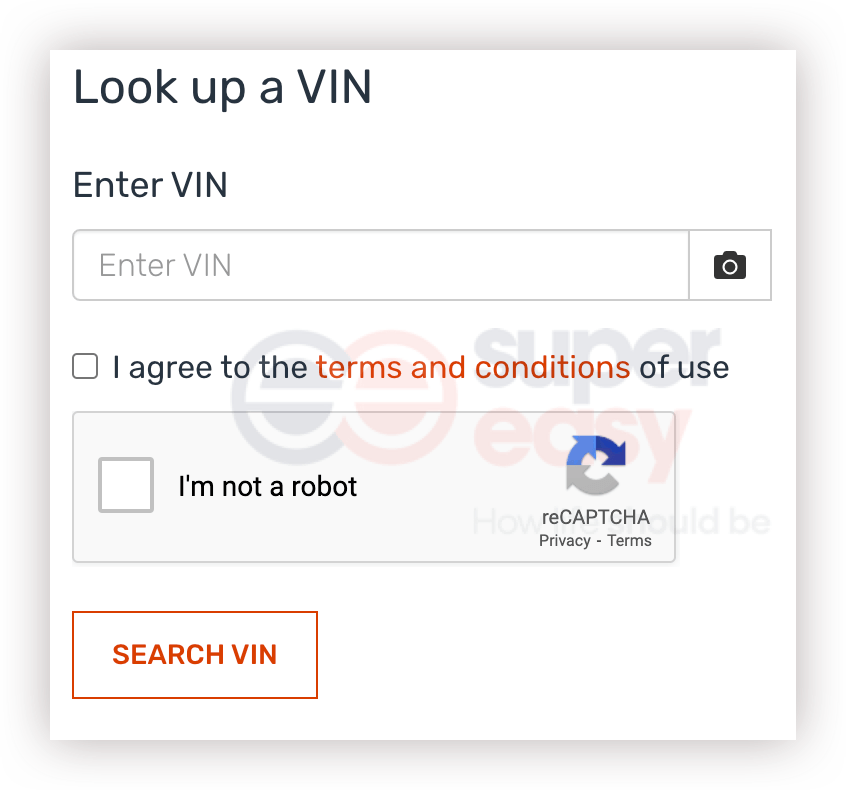
- Click the SEARCH VIN to start search.
Wait a few second, and you’ll get VINCheck results. From the results report, you’ll find if the car in question has a theft or total loss record.
Paid option: explore vehicle history with BeenVerified
BeenVerified is a versatile people search tool. With its powerful search engines and billions of records from leading sources, you can learn more about a person / vehicle, and make better decisions.
With BeenVerified’s VIN lookup tool, you can research a vehicle by VIN, license plate, or vehicle model. A VIN search with BeenVerified’s VIN look up tool may reveal important information that could help you make a mroe informed decision, and this information usually includes:
- Details of car specifications.
- If the car was ever listed in a salvage auction or reported as stolen.
- Whether the car was involved in an accident and the extent of the damage.
- Sales listing history, including price and images of the car.
- Current market value based on comparable vehicle sales.
- Estimated ownership costs over the next five years based on expected depreciation, maintenance, fuel insurance and repair costs.
After running a VIN lookup at BeenVerified, you’ll obtain an easy-to-read vehicle report. The report usually provides the following information about the vehicle:
- the vehicle specs
- ownership history
- accident records
- safety recalls
- odometer reading
- title status
- owner details
- theft records
- salvage records
- maintenance history, etc.
To perform a vehicle title check by VIN with BeenVerified, you just need to enter the VIN number into the search box below, then hit the Search Now button.
You can also run the VIN check directly on the BeenVerified site. Here’s how to do it:
- Go to BeenVerified’s official site.
- Enter a VIN number and click SEARCH to start searching.
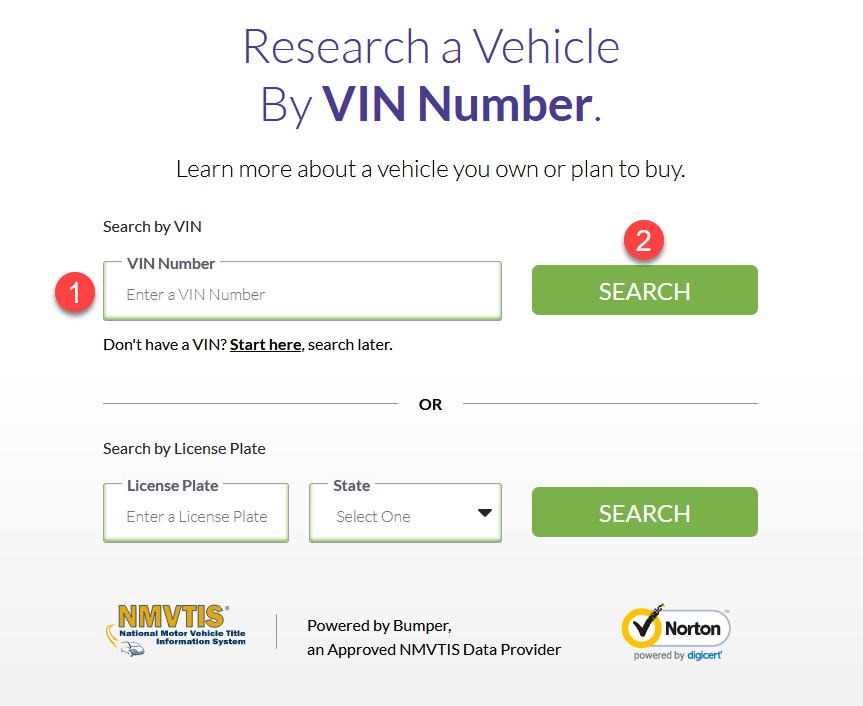
- BeenVerified will start collecting records from its databases for the vehicle. A few seconds later, it will generate a report based on your vehicle.
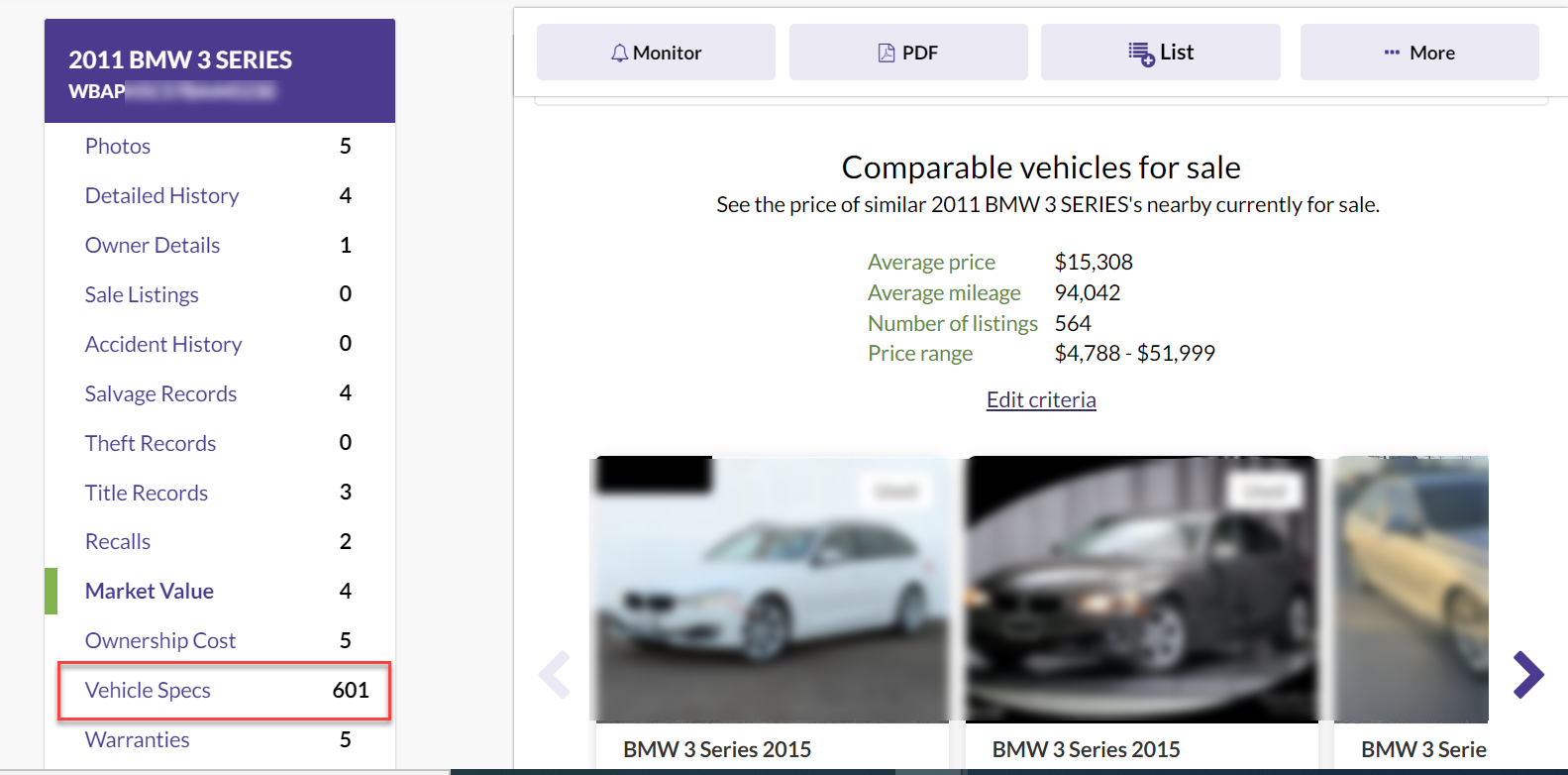
License Plate Lookup
Research a Vehicle by License Plate
FAQ: Types of car titles
There are several types of car titles, each indicating the specific condition of the car. Below are the most common car titles:
a clear title means the car is entirely owned by the seller. It suggests that the car doesn’t have a financial burden or lien placed on it by a lender.
often confused with a “Clear Title”, a clean title is one that isn’t branded. In other words, the car wasn’t flooded, salvaged, totaled, junked or other things that lower the car’s value. This is the most ideal title to look for when you’re going to buy a used car.
this is issued to a car with a major value decrease due a severe accident, subsequent repair or theft. If a car loses more than 75% of its original value, the insurance company will declare it a “total loss”. With a salvage title, the insurance recommend that it be taken off the road.
Having said that, they also left the door open to repair the car and have it inspected for a new title. You should avoid buying a used car with such a title, because you cannot drive a salvage title car on public roads and you cannot get insurance for it.
when a totaled car gets repaired and passes a safety inspection, it gets a “Rebuild” title. In other words, this title is for cars that were repaired after being classified as “Salvage”.
When buying a used car, you should also avoid cars with this title, because although the car is repaired and roadworthy, it may need further repairs in the future and may even be unreliable.
a car with a junk title means the car is not safe to operate on U.S. roads and highways. It should never be titled or registered. The most common way a car gets a junk title is by being sold to a junkyard or dismantler.
An odometer rollback title suggests the vehicle had its odometer turned back. You should be alert when you find a car with the odometer rollback title, because it indicates its odometer has been tampered with.
That’s it! Hopefully, this guide helps. If you have any questions or suggestions on this topic, feel free to drop a line in the comment area below. Thanks for reading!
Image by senivpetro on Freepik

